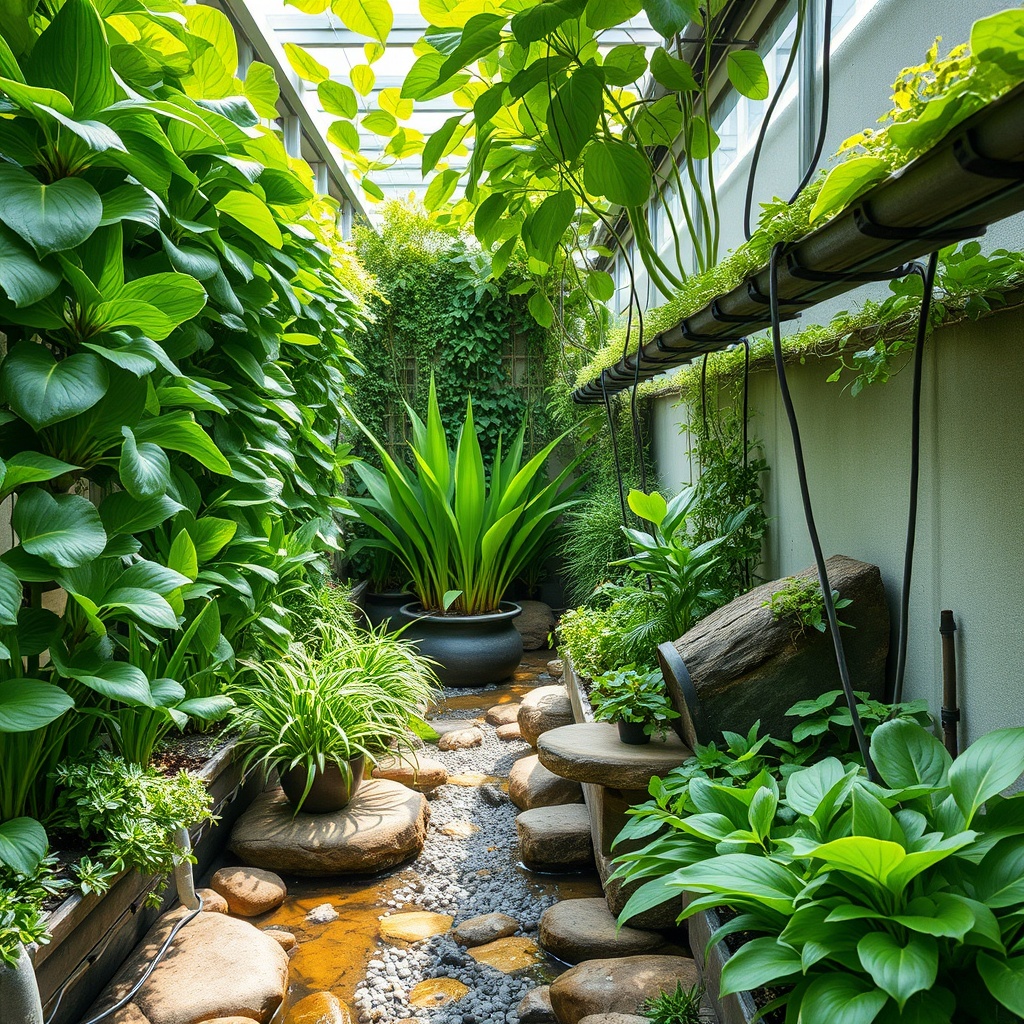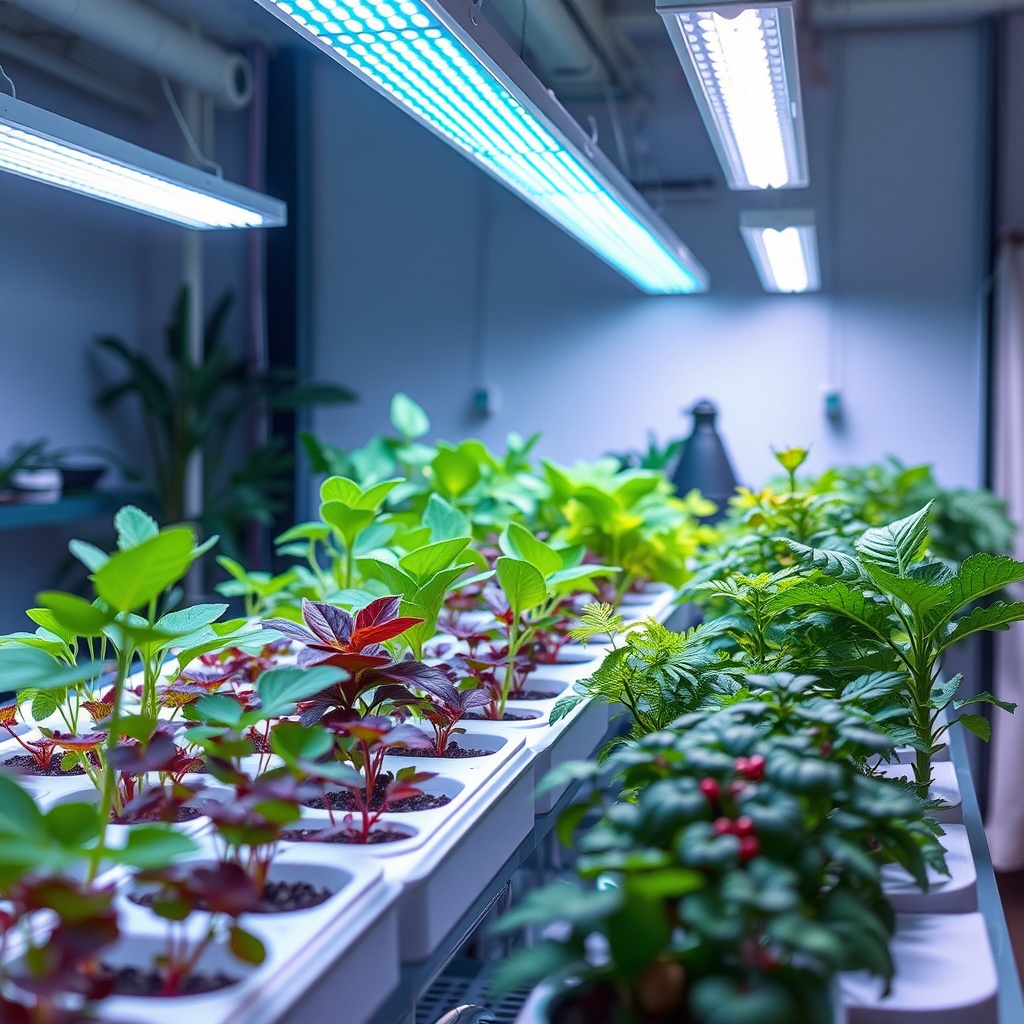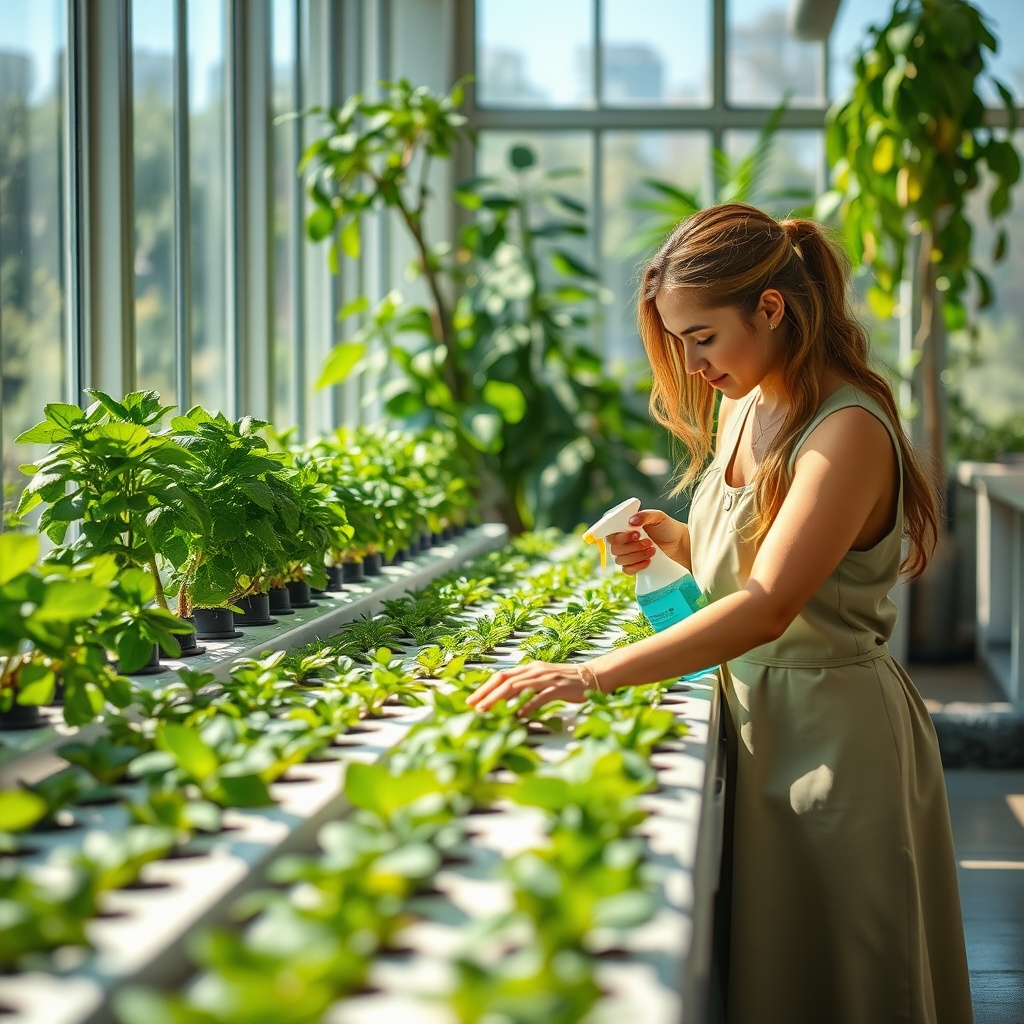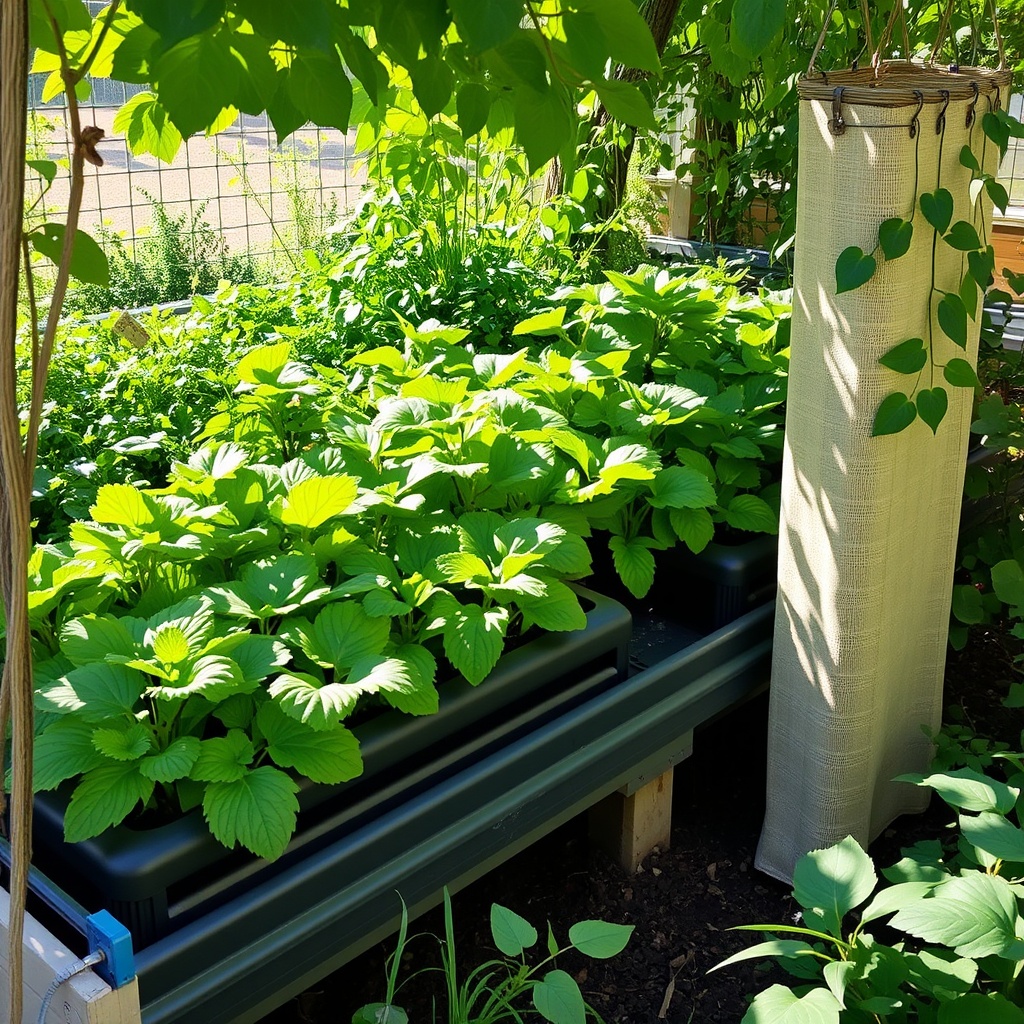Revolutionizing Food Production with Hydroponics
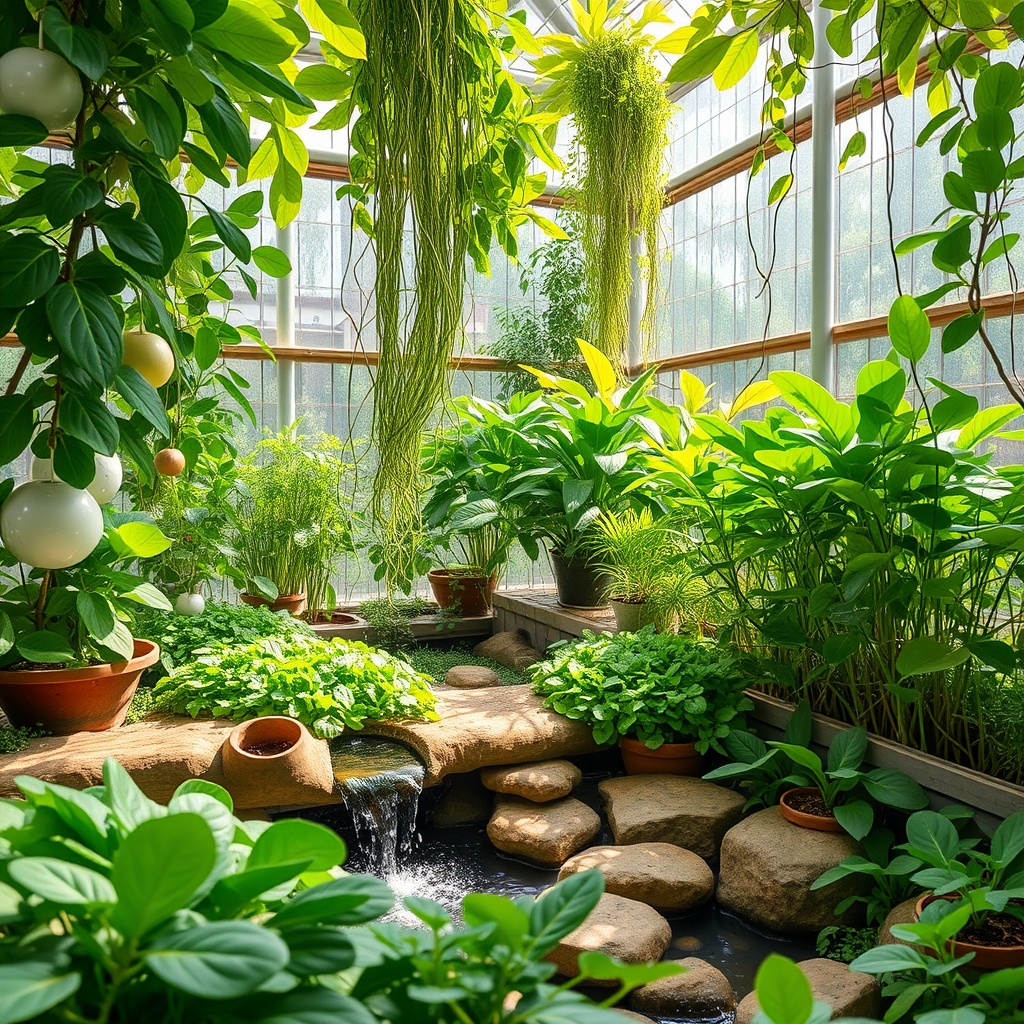
As the world faces growing environmental challenges, innovative agricultural practices are emerging to ensure sustainable food production. Hydroponics, a method of growing plants without soil, is gaining traction for its efficiency and minimal resource use. When combined with permaculture principles, which emphasize working in harmony with nature, hydroponic systems can transform our approach to food cultivation. This article explores how permaculture principles can be seamlessly integrated into hydroponic growing, creating a more resilient and sustainable food system.
Designing Efficient and Diverse Hydroponic Systems
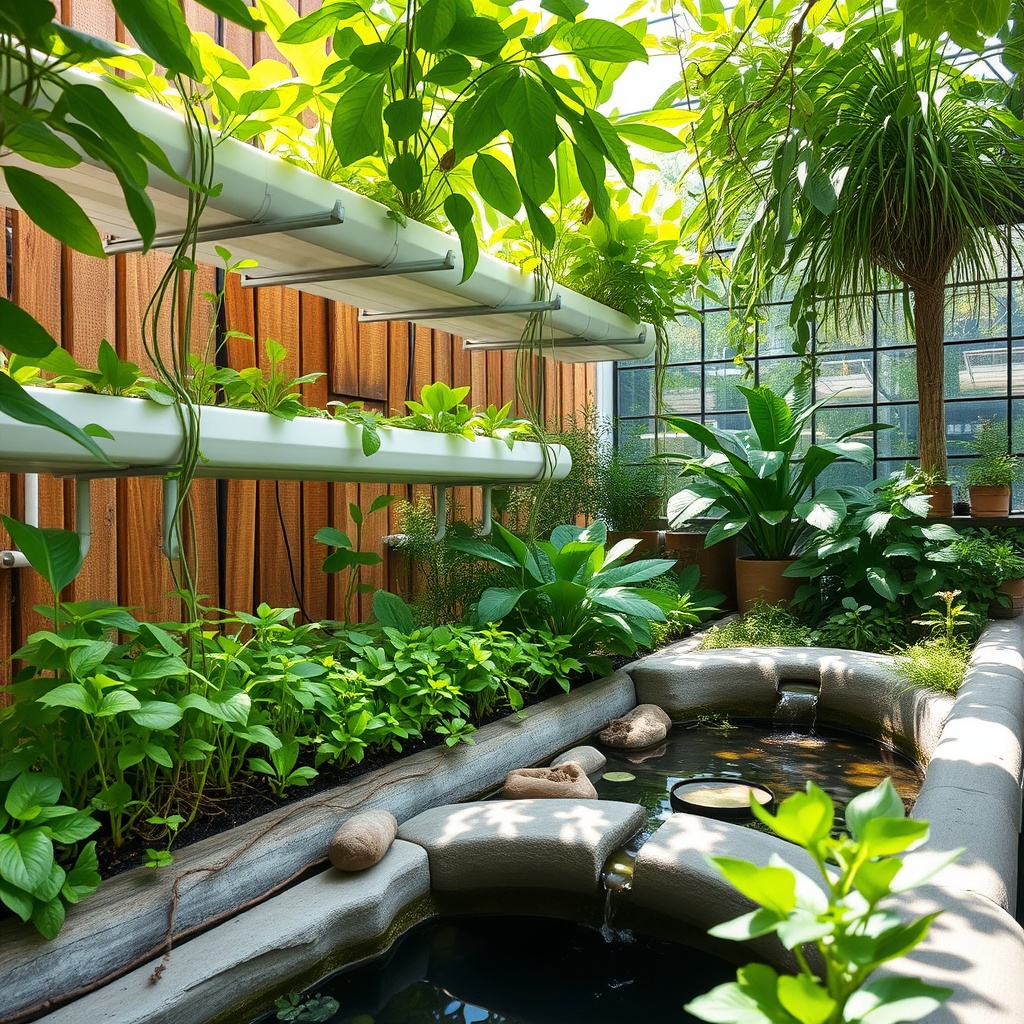
Permaculture encourages diversity and efficiency in agricultural design, principles that can be directly applied to hydroponic systems. By incorporating a variety of plants in a hydroponic setup, growers can create a balanced ecosystem that fosters beneficial relationships among plants. This diversity not only enhances the resilience of the system but also improves crop yields and nutritional value.
Consider the following list that outlines essential permaculture principles applicable to hydroponics:
- Observe and Interact: Understand the local environment and plant needs.
- Catch and Store Energy: Use sunlight and renewable energy sources for optimal growth.
- Integrate Rather Than Segregate: Combine complementary plants to maximize space and resource use.
- Use and Value Renewable Resources: Implement systems that recycle nutrients and water.
- Design from Patterns to Details: Create a structured layout that promotes efficiency.
Building Resilience Through Community Collaboration
Permaculture is not just about individual practices; it’s also about fostering community. In the realm of hydroponics, this principle can lead to greater innovation and knowledge-sharing. By collaborating with local growers and sharing resources, aspiring hydroponic farmers can overcome challenges and create more resilient systems. Community-supported agriculture (CSA) models can incorporate hydroponic produce, making fresh, local food accessible while promoting sustainability.
In conclusion, applying permaculture principles to hydroponic growing not only enhances the efficiency and resilience of food systems but also nurtures a deeper connection to nature and community. As we embrace these innovative practices, we pave the way for a sustainable future, where food production aligns harmoniously with the environment.

